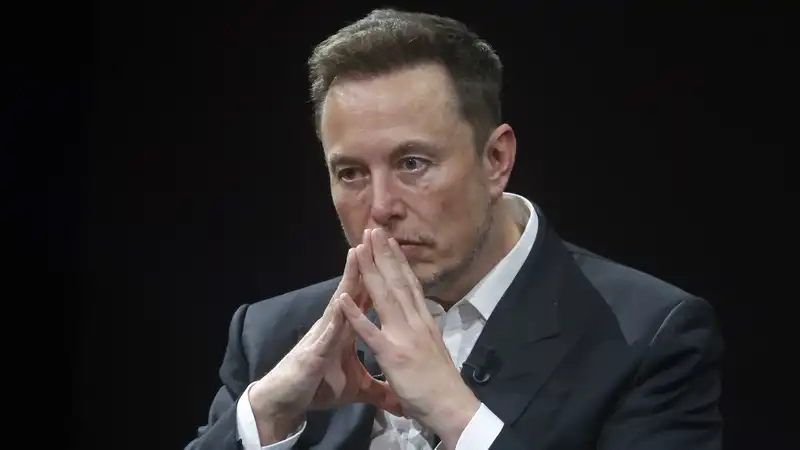Elon Musk developed a chatbot. It's a chatbot with an edge. It's called Grok and will be open-sourced this week. It is not yet entirely clear which parts of this bot will be under the watchful eye of others, as Musk has only disclosed his plans in a seven-character post to X. However, the move appears to have been spurred by Mask's tumultuous relationship with ChatGPT creator OpenAI.
Musk co-founded OpenAI in 2015, but his role has diminished over time. Last week, Musk filed a lawsuit against the company and its CEO, Sam Altman. In it, he claimed that OpenAI violated its original charter when it signed a multibillion-dollar deal with Microsoft and that the company, best known for ChatGPT, is no longer open.
In the lawsuit, Musk, Altman, and Greg Brockman, now OpenAI's president, claim that OpenAI's founding agreement was to provide a counterbalance to commercial artificial intelligence (AGI). According to the lawsuit, the three men even state their purpose in the company's charter, stating that "the resulting technology will be in the public interest and, where applicable, the company seeks to open source the technology for the public good." This company is not organized for the private gain of any individual."
Musk claims that the company deviated from its founding agreement in search of profit and ties to Microsoft.
"To this day, the OpenAI, Inc. website continues to profess that its charter is to ensure that AGI 'benefits all mankind. In reality, however, OpenAI, Inc. has transformed itself into a closed-source de facto subsidiary of the world's largest technology company: a de facto subsidiary of Microsoft," the lawsuit claims.
OpenAI, on the other hand, refuted these claims in a blog post that included an email from Musk, who wanted OpenAI to be integrated into Tesla and become CEO of the then-planned for-profit company. Musk later decided to leave OpenAI and create his own AGI through Tesla.
Grok is not an AGI, but because it is locked behind an X subscription, it has less contact than the world-famous ChatGPT. The chatbot is designed, as stated on the xAI website, to "answer questions with a bit of wit and a touch of defiance, so don't use it if you don't like humor. It is still in its early stages and certainly reeks of teenage cringe, but it is reportedly linked to real-time information and will be open-sourced.
Open source systems are often cited as a desirable option for all forms of software, at least in my book, and Musk is definitely not alone in pursuing more open forms of AI; Meta's Mark Zuckerberg is also pursuing AGI and has announced that he will focus on building it and make it open source.
"This technology is so important and the opportunity is so great that we should open source it and make it as widely available as we can responsibly. That way everyone can benefit," Zuckerberg said in the threaded video.
Google's Gemini AI, which competes with ChatGPT, is a closed ecosystem, but the company has released another open source model called Gemma.
Meta says it will ramp up to 350,000 Nvidia H100 GPUs by the end of the year, with other GPUs contributing additional computing resources. Here's another story: Nvidia appears to be the company most likely to benefit from the race to more powerful AI models; AMD also has a lot of interest in its "Instinct" lineup of compute chips, and Nvidia's mostly closed CUDA library, and some view it favorably as supporting a more open ecosystem than Nvidia's.


Comments